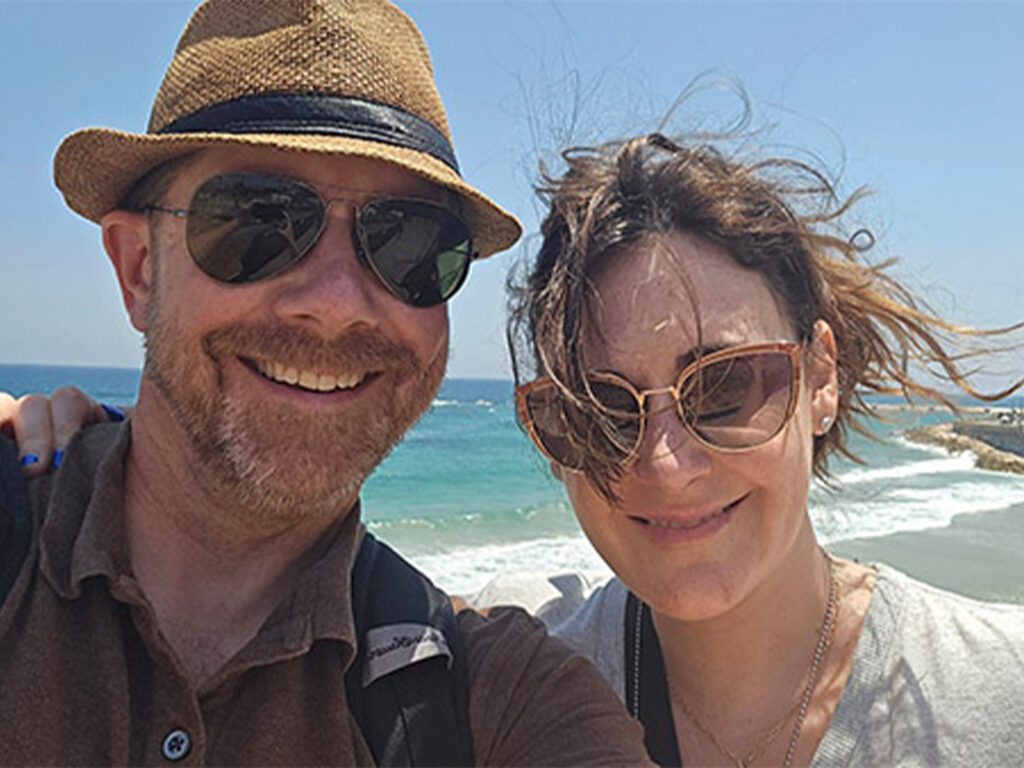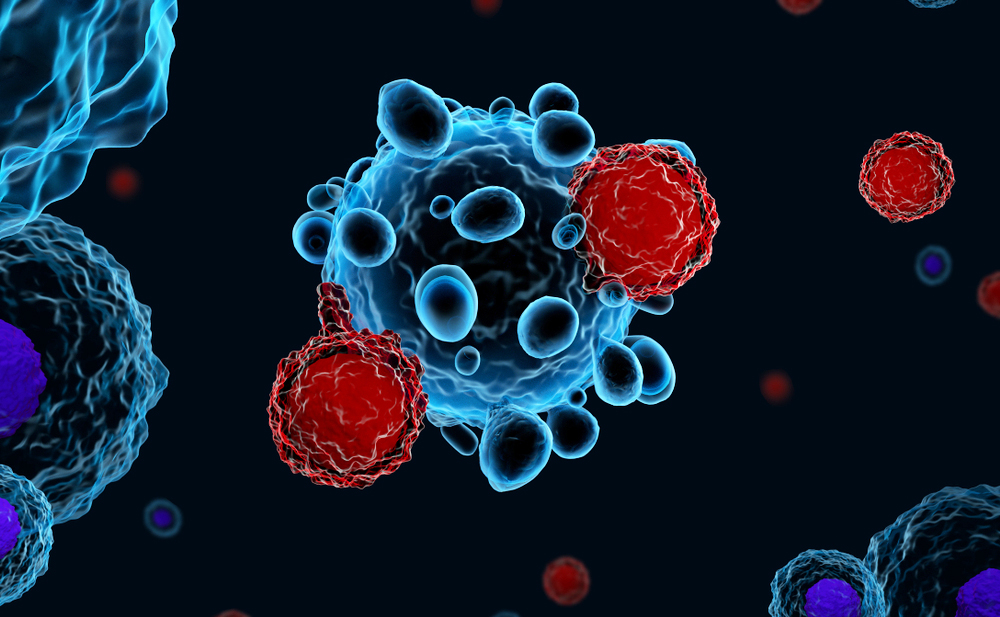David Ting, MD, first encountered the deadliness of pancreatic cancer as a medical student in training. A patient who sought help for abdominal pain and nausea died within weeks from metastatic disease. This experience spurred Dr. Ting to specialize in gastrointestinal cancer research.
The Ting Laboratory at the Mass General Cancer Center pursues new methods to diagnose pancreatic cancer and avenues for effective treatments. The laboratory’s recent analysis of pancreatic tumors has found a significant amount of “non-coding” RNA sequences being produced in cancer cells, providing fresh insight into the disease and offering a means to identify early detection biomarkers and therapeutic targets.
The Ting Laboratory has also applied innovative microfluidic chip technologies to capture circulating tumor cells (CTCs) in patients’ blood to understand why pancreatic cancers spread so quickly and investigate CTCs as a potential non-invasive, early detection tool.
Nominator Corinne Mitchell writes, “When my husband arrived at Mass General for his first treatment for stage IV pancreatic cancer, Dr. Ting asked if he might speak with us about obtaining a blood sample that would include metastasizing cancer cells. Anxious at first, Bill was immediately put at ease by Dr. Ting whose positive, life-affirming sincerity inspired Bill to help in any way he could.”
Adds Corinne: “After Bill’s death, Dr. Ting personally invited my daughter and me to tour the laboratory to show us the work Bill’s blood sample had contributed to and to explain his research. He is an inspiration and gives hope to all.”






